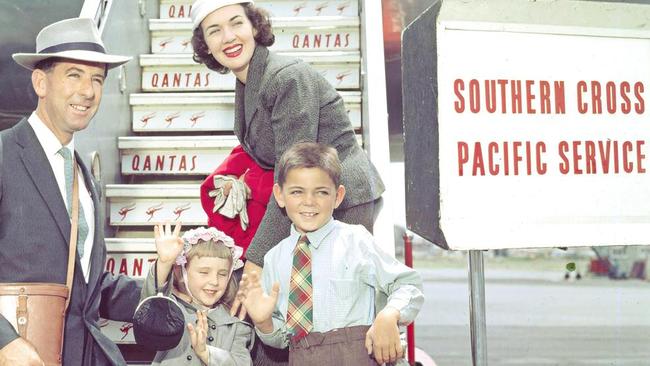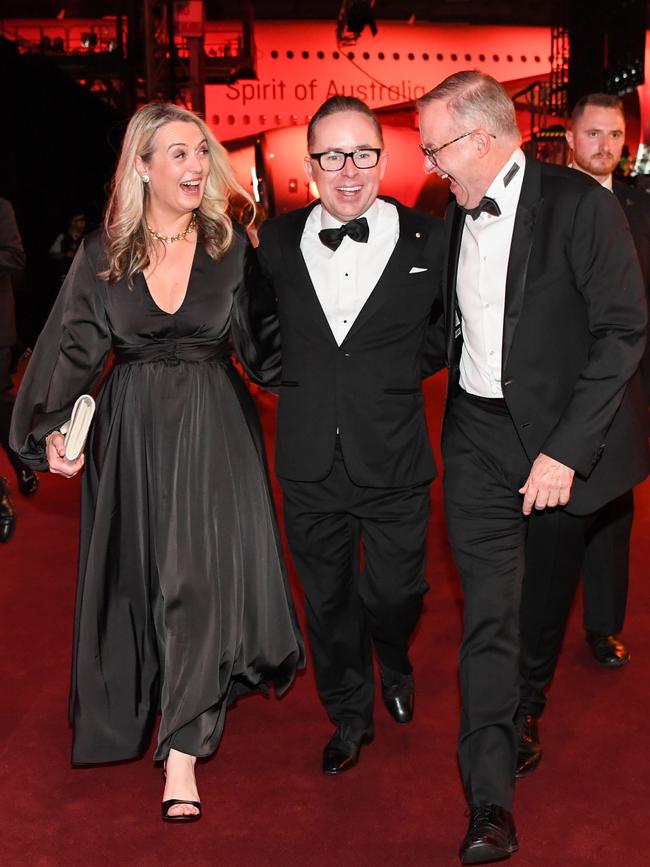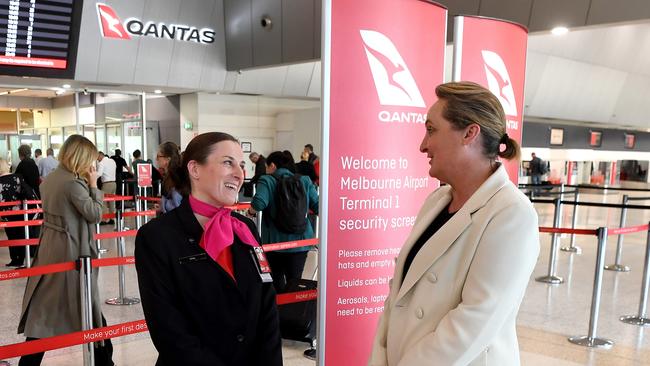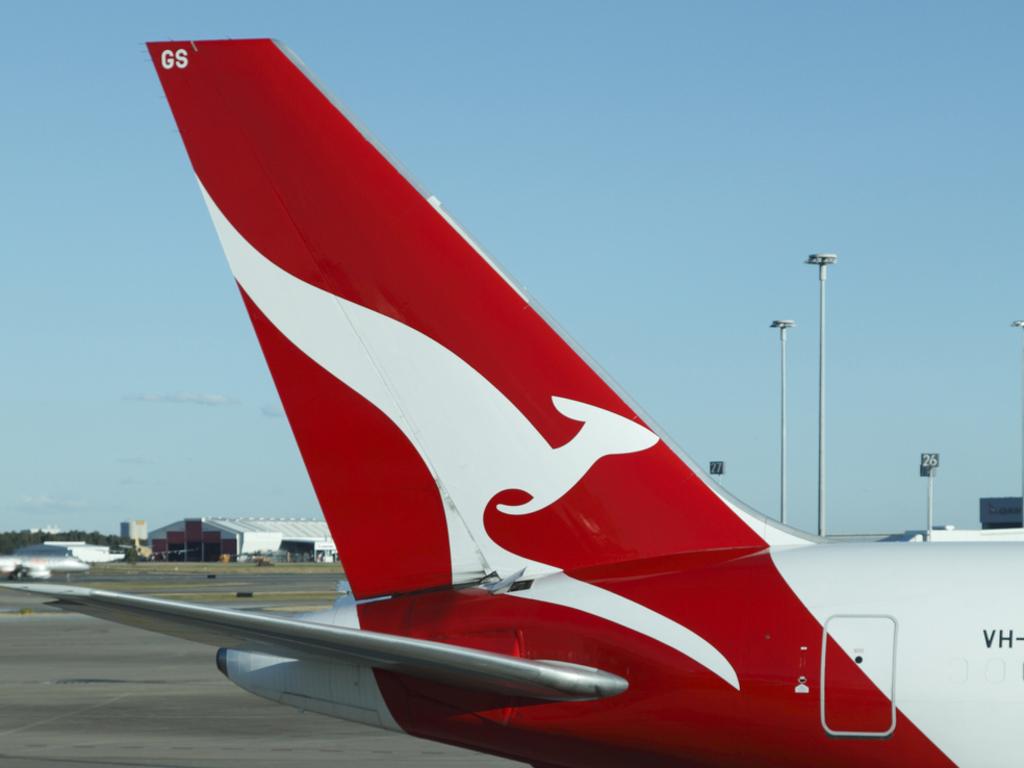Brand Qantas will survive – and thrive

Not so fast. Allow me to offer a different perspective on the future of Qantas. It’s not going to be a popular perspective. It’s not one that will generate any hot headlines. And it will certainly jar with the current pitchfork-rattling crescendo that grows ever more rowdy across our national media.

But you should listen to my point of view because it differs with those of the negative majority on one key caveat: I actually know what I am talking about. For 30 years I have worked with big brands on all kinds of challenges and transformations. And that experience enables me to see that while Qantas is not exactly enjoying one its finest moments, it’s also not something that will threaten the Flying Kangaroo for long.
Brands, despite what you might have read recently, aren’t these vulnerable, ephemeral things that lose favour, then fortune, in the blink of an eye. Quite the opposite. Big brands are tough old things that ride out short-term sensationalism every time. Plenty of people predicted the end of the VW brand after the “Dieselgate” scandal a decade ago, for example. The company paid a high price in fines but the VW brand moved on and remains one of the most popular and profitable car brands on the planet.
Hundreds of articles were generated last year about the data leaks at Optus and the damage it would do to the brand and the business. Nobody bothered to mention that during this “crisis year” Optus picked up more than 400,000 new subscribers and enjoyed a very decent financial year.
It’s true that brands are built from image and positive associations, but they are mostly built from salience. Big brands come to mind first and as a result they inevitably win most of the time. And while the current crises at Qantas have certainly cast a shadow on the way Australians see the airline, when those same Australians need to get from Sydney to Melbourne the big red kangaroo will continue to pop into their minds first, and that usually means getting the business too.
That continued preference is bolstered by Qantas’s enormous loyalty program. These days you can argue that the company is a national loyalty business that also operates an airline. Officially the Qantas Club operates for customer loyalty. Loyalty schemes are a brilliant way to generate data, extend a company’s business into new sectors and maintain future sales.
For the millions of Aussies that hold points in the Qantas Club, their continued patronage is largely guaranteed. Many will be complaining and threatening to never fly with the airline again. But what people say and what they actually do are very different things. Especially on social media. Nobody takes to Facebook or Twitter/X to proclaim their indifference and inaction. So we end up with a hugely skewed perspective.
Many pundits jumped on the record drop in trust attributed to Qantas in the wake of the current scandals as evidence of imminent doom. Again, this is a false flag. While Qantas would surely prefer a most trustworthy reputation the impact of its so-called “trust debt” is also questionable.

Brands aren’t like people. You don’t need to trust them to prefer and purchase from them. While Optus was adding those 400,000 new subscribers it also sat atop Roy Morgan’s league table of the most distrusted brands in Australia. And it sat there with some pretty big, very profitable peers. Telstra, Amazon and TikTok also made the top 10 least trusted brands lists. Each is a corporate powerhouse. Each is a giant brand. Each is amazingly profitable. Losing trust is not a desired outcome, but it’s also not the brand-killing issue many portray it to be.
The final reason the Qantas brand is likely to emerge unscathed from its current crisis is that the main source of its trouble has already disappeared forever. Alan Joyce has been incredibly demonised over this past month. His exit exorcises the issue. And it presents incoming CEO Vanessa Hudson with a fantastic, if challenging, opportunity. She can be the new broom. The woman that gets the big picture. That feels the nation’s pain. That restores the brand to its proper place.
Usually, incoming CEO’s dread replacing someone like Joyce who ran a very profitable airline for 15 years. But his recent infamy and sudden departure present Hudson with a perfect moment to enter the business and an ideal low bar that she can now raise.
Almost every hack article on the Qantas saga has used the cliched metaphor of “turbulence” somewhere in its coverage.
So let me be the first, and probably last, writer to point out that while turbulence is always very disconcerting, it’s also almost always very short-lived too.
Mark Ritson is a branding expert and former marketing professor.







Quite the month for Qantas, eh? Every media channel has dedicated daily coverage to the “turbulence” at Australia’s biggest airline. Pundits from every corner of the business world have been quick to conclude that the Qantas brand is in deep, deep trouble and that any fix will take a long, long time. Trust is evaporating. Customers are rebelling. Staff are furious. The end is surely nigh!